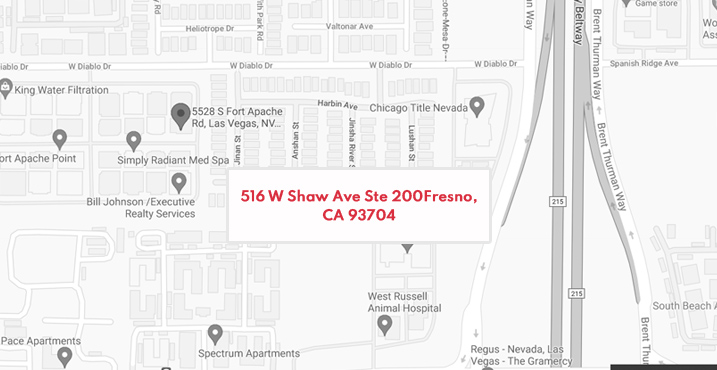What Is a Child Custody Evaluation, and What if You Disagree With It?
Whether you are going through a divorce and have children together or you are facing a child support or custody matter having never been married, things can get complex and heated. Many times, one or both parents involved in a child custody battle are trying to do what they think is best for the children involved. However, if the parents can’t agree on what is best, courts may order a child custody evaluation to help inform their decisions regarding custody orders.
What Is a Child Custody Evaluation?
A child custody evaluation is a formal process conducted by a trained mental health professional, such as a psychologist. The evaluator meets with people involved in the child’s life, reviews school and medical records, visits the home, and conducts other investigation processes to help make a recommendation about what might be in the child’s best interests.
When Might a Child Custody Evaluation Be Ordered?
A judge can order a child custody evaluation at their discretion. A judge may order an evaluation if the parents cannot agree on custody arrangements and the judge believes they need more information to make a ruling on what might be in the child’s best interests. They might also order an evaluation if one of the parents involved asks for one. In cases that involve allegations of abuse or neglect, judges typically have to order a child custody evaluation.
What to Expect During a Child Custody Evaluation
If you are involved in a child custody case where the judge orders an evaluation, don’t expect a resolution quickly. Child custody evaluations take time, and you should expect the process to take at least two months. During this time, the evaluator will likely:
- Make appointments to speak with each parent and the children involved
- Make appointments to talk with other adults involved with the children, including teachers or close relatives
- Visit the homes of both parents
- Review documents related to the child or children, such as medical, school, and legal records
- Request separate mental health evaluations for the parents
- If applicable, consult with law enforcement, child welfare services, and medical providers about the possibility of abuse or neglect if allegations have been levied
What Is the Outcome of a Child Custody Evaluation and Why Does It Matter?
Once the child custody evaluation is completed, the evaluator creates a report for the court. The report includes recommendations regarding child custody and a parenting plan. The recommendation is based on best practices for shared parenting time and any mitigating factors the professional discovered during the evaluation.
The court will likely seriously consider recommendations based on child custody evaluations when deciding on custody orders.
Contesting a Child Custody Evaluation
Despite the potentially heavy weight a child custody evaluation can have on a court’s decision, you have options for contesting evaluations if you disagree with them. It is important to maintain professionalism and avoid acting in anger toward an evaluator during the process; it can help to talk to your attorney about your options even before evaluations are finalized.
Objecting to the Evaluator’s Report
If you don’t agree with something in an evaluator’s report, you can ask for a hearing where you can explain your issues to the judge. For example, you might see something in the evaluator’s report as a misunderstanding, and you can ask for a hearing so you can clear up any confusion. A family law attorney can help you understand your options at this point, what type of arguments can be made against and evaluation, and what evidence may be helpful to present in favor of your case.
Filing a Complaint
In some cases, you may believe that an evaluator has not acted professionally, in an unbiased manner, or ethically. You need to bring these complaints through formal complaint processes with the family court programs or licensing boards in your jurisdiction. If you have these types of complaints about an evaluator in your case, talk to your lawyer as soon as possible. They can work with you to file a complaint early and ask for a new evaluator, if possible.
Get Help From an Experienced Family Law Team
As a parent dealing with a child custody dispute, you may feel like you have limited power to protect your child or your relationship with them. An experienced family law team works with you to create proactive strategies to stand up for your rights and fight for what is best for you and your child. That’s true even when third-party professionals are involved in your case to conduct a child custody evaluation.
Family law attorneys such as those at the Bains Law Offices can provide information about your rights and work to protect them as you go through evaluation and other child custody processes. They can also create a compelling argument for your parental rights, ensure all individuals involved in the custody battle act ethically within the law, and help you contest evaluation findings you disagree with. If you are involved in a child custody battle or want to find out how to protect your parental rights, call the Bains Law Offices today at 559-282-8924.









